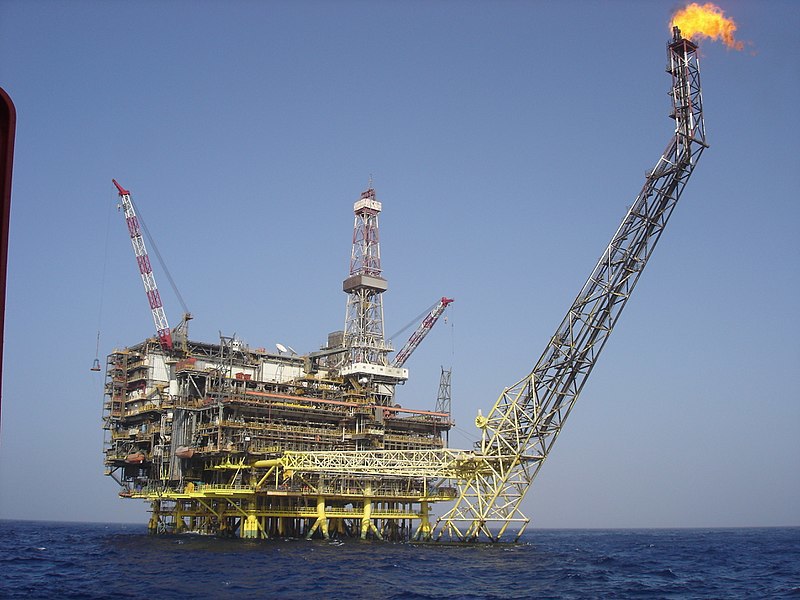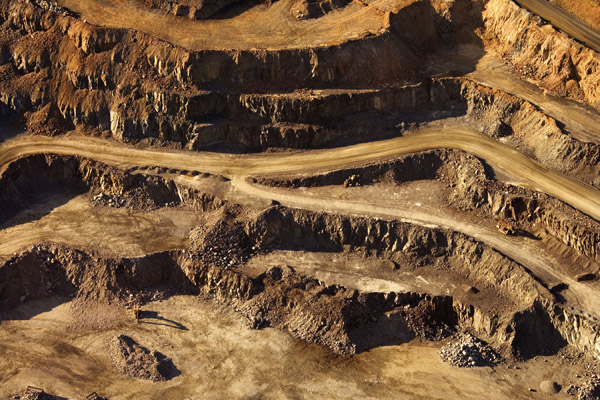Gas discoveries in the eastern Mediterranean have upset the energy prospects of the countries concerned, which are sinking more and more into import dependency. Egypt, for example, was a gas exporter until the early 2010s, but domestic demand growth and insufficient production forced it to stop exporting and instead rely on importing liquefied natural gas (LNG) – a significant additional cost for an economy that was already weakened.
Israel began importing Egyptian gas in 2007 and suffered the consequences of the steady decline in production in Egypt: despite contracts, Cairo could no longer export any cubic meter to Israel. It also affected Jordan, which had also imported Egyptian gas. Since 2015, Jordan has been forced to import LNG, particularly Qatari, through its port of Aqaba. This situation has changed with the discovery of large offshore deposits by Israel – which has lost a lot of time to put in place a regulatory, political and fiscal framework that allows all local actors to develop this gas, but also in Egypt and to a lesser extent, off Cyprus.
In the space of ten years, these countries that were preparing to be importers of gas, exposed to the hazards of suppliers and world markets, are now considering their gas independence, a security of supply in a context of strong growth in domestic consumption and even the export to the region and potentially to Europe, of a surplus, which promises to be significant. These gas discoveries and those that are likely to follow have major economic consequences.
They will help transform Israel’s energy mix, which until now has been dependent on imported coal or oil products, reduce its pollutant emissions and greenhouse gases, and expand the use of natural gas. In Egypt, they will reduce the external gas bill and the vulnerability to the evolution of gas prices in the global LNG market, strengthen the security of supply and cope with increased demand for electricity.
The development of Israel’s full offshore gas potential in the Leviathan field has been delayed, but investment for the launch of the first phase of production, expected for 2020, is now underway. Also, Russia plays a singular role in the area. In addition to the presence of its companies, Rosneft in Egypt on the Zohr deposit, and Novatek in Lebanon in exploration, its military presence in Syria and economic Cyprus will allow it to play a role in the development of this new gas region of importance.
The European Union is also present in this great geopolitical plan. However, apart from the financing of a few million dollars of technical studies on the EastMed and IGI Poseidon gas pipeline project, and the presence of its representatives in ministerial meetings with the ministers of the countries concerned by this infrastructure, it does not play a major role, placing himself more as a facilitator.
However, some outstanding issues remain: Will the geopolitical situation surrounding Israel and the market conditions allow Phase 2 of Leviathan to be launched? Will additional gas resources be found in Cyprus soon? What will be the game of Israel, especially in disputes related to territorial waters, if significant gas discoveries are made off Lebanon and the political context in Lebanon will allow investments of majors with potential local partners? Finally, is it wise to leave Gaza and a possible future Palestinian state out of these gas developments?
‚Egypt – New Gas Platform in the Eastern Mediterranean‘ – Study by Benjamin Augé – Institut français des relations internationales / IFRI.
(The Study can be downloaded here)




